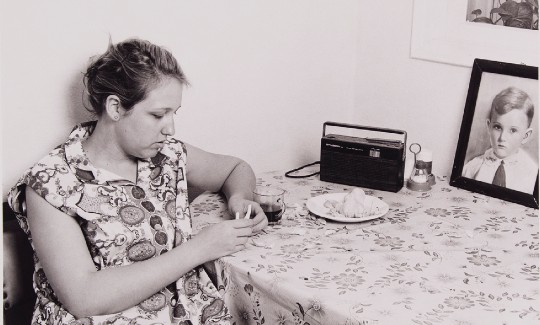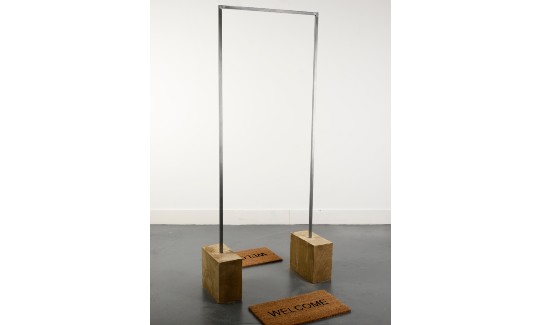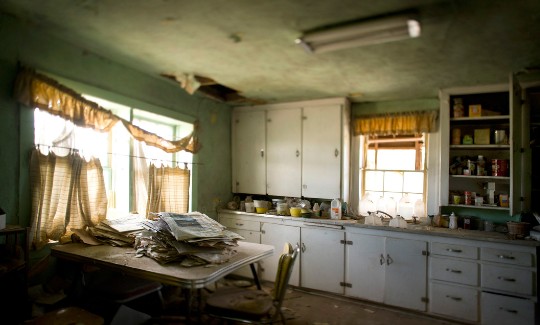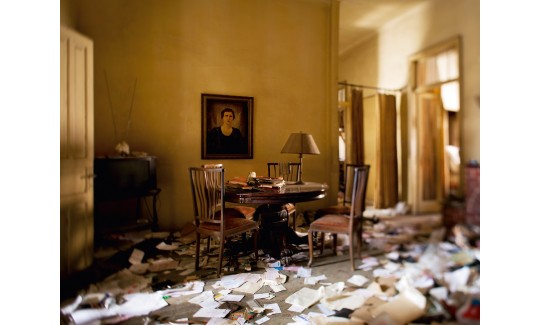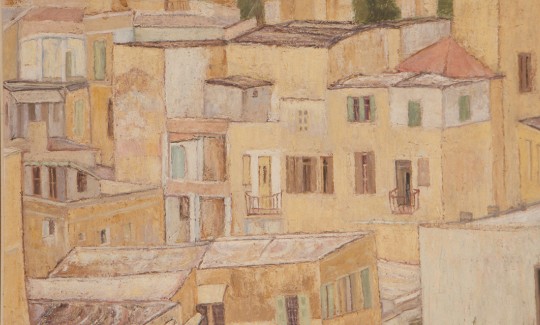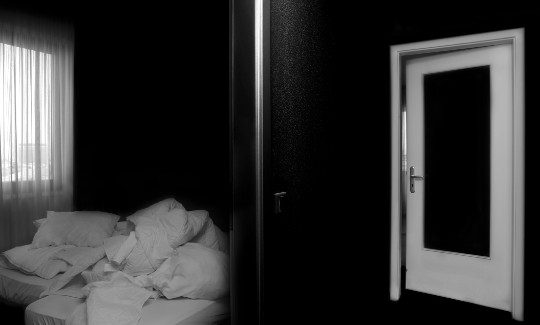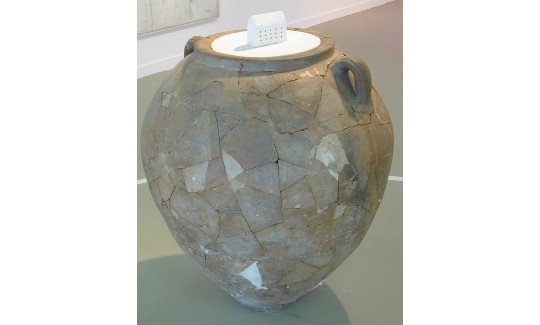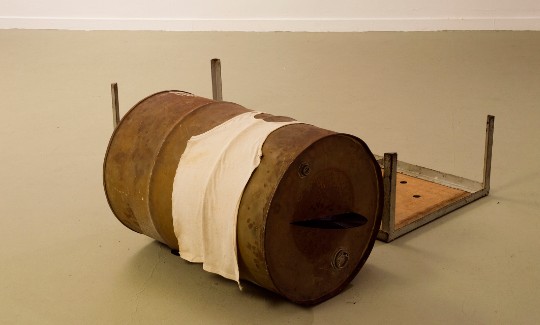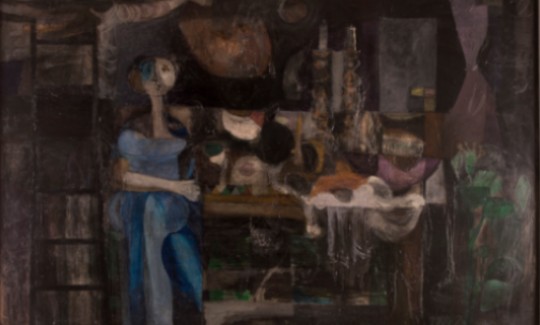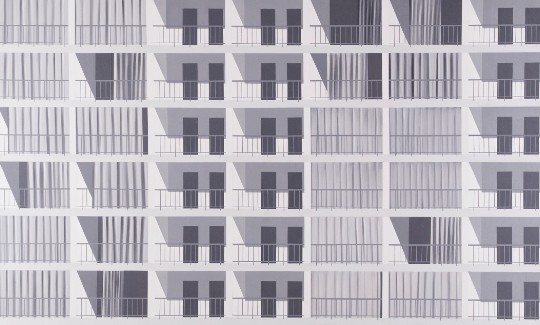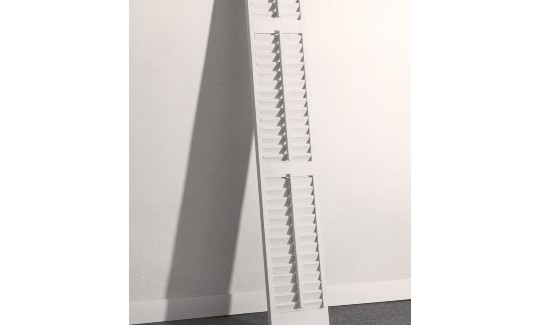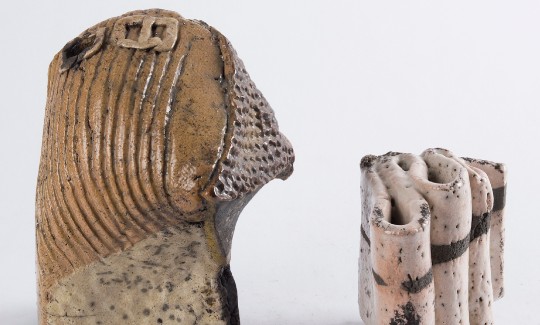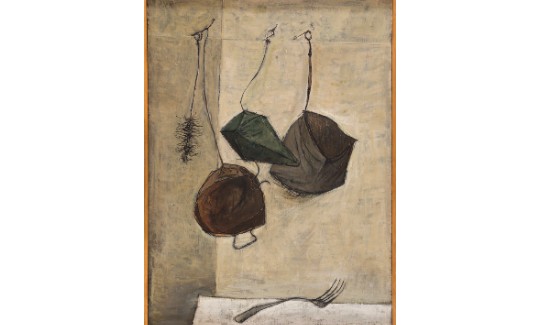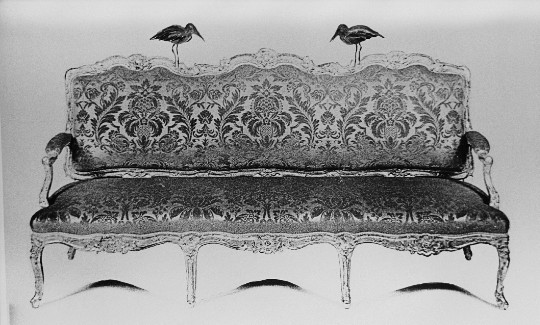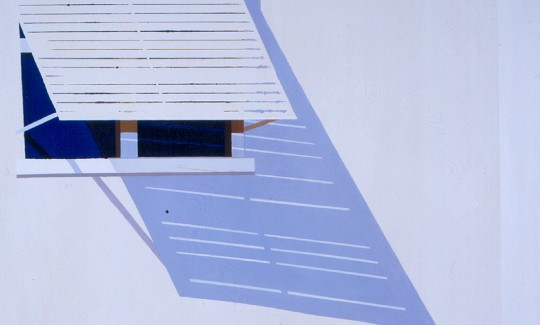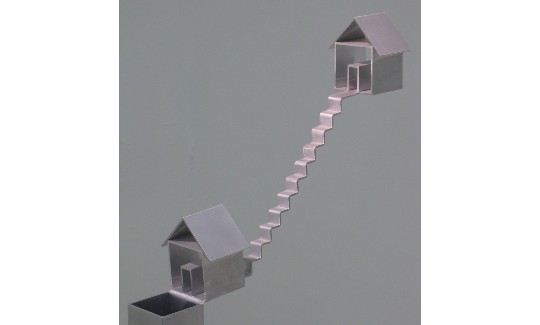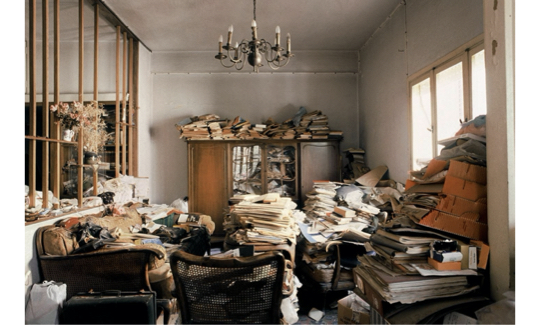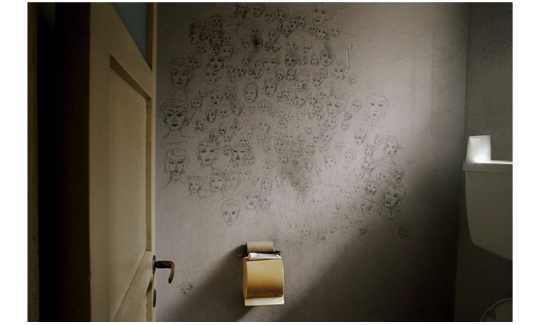"The Israeli Uncanny"
Saturday, 05.09.20, 10:00
Monday, 17.05.21
Curator:
Svetlana Reingold
More info:
04-6030800"The age of anxiety," "the culture of fear," the "risk society" – all these terms confirm the centrality of fear in our times. The increasing use of the term "risk" highlights the contemporary tendency to treat a wide range of phenomena as threatening and dangerous. Art reacts to this climate on both the private and the collective levels, engaging with an array of threats connected to violence, political power, and more.
The global pandemic, which has left us all "buried" in our homes, allows for a renewed examination of works that explore the anxieties of daily life and hominess as a threatening landscape. This exhibition seeks to address the threat that fills the familiar space, as it is depicted in works by Israeli artists from different generations. The spread of fear and the threatening sense of alienation, with its socio-cultural implications, are explored through a variety of works from the collection of the Haifa Museum of Art.
The concept of the "uncanny" is discussed in Sigmund Freud's famous essay, "Das Unheimliche" (1919). This term describes a situation in which the familiar becomes strange and threatening. The uncanny is frightful and disturbing because of its ambiguity; it is a familiar experience concealing a secret, something unknown, or the traces of something known but repressed. Freud describes the opposite of the "uncanny" – the "homely" – in intimate and maternal terms, with reference to the maternal body.
A sense of the uncanny is inherent in Jewish thought on place. The element of strangeness in this discourse was the product of an exilic consciousness that treasured its writings as an alternative to land and emphasized the metaphysical aspect of place. Israeli art bears a dual identity that shifts between the concrete Israeli place as a central element of its self-definition, and the no less familiar experience of exile and foreignness. Furthermore, the Israeli place itself contains uncanny elements, expressing a "homely" component of identity that has become unstable and alien.
The works presented in the exhibition create an uncanny impression through different means and images that refer to empty and menacing spaces, hybrid representations of haunted houses, and experiences of disorientation and defamiliarization. All these destabilize the sense of the local and "homely."
Exile and estrangement are characteristic of the works of Yosl Bergner, which seem to imply that the exiled wanderers he depicts – pieces of furniture, kitchenware, lamps, etc. – have no safe haven. The uncanny is associated with the Holocaust and with loss in works by Naftali Bezem, such as The Table (1960), in which a mother stands by the Sabbath table shrouded in darkness and holding a pair of extinguished candles, symbolizing the souls that have been snuffed out.
Yehoshua Grossbard's work depicts the destabilization of the Haifa house, symbolizing the absent place of the Haifian artist from the Israeli art scene. Houses and yards in Wadi Salib, Wadi Nisnas, and Neve Sha'anan appear repeatedly in his works. The cultural-social-political remoteness of these places is analogous to the painterly "non-place" of the artist himself.
The haunted house is a recurrent motif in works by artists from different generations. Efrat Natan and Alina Rom-Cohen, Yael Cohen and Amira Zian seek to define a complex local identity and address the defamiliarization of the home against the background of the deep rift that characterizes the Israeli place. Deserted houses appear in photographs by Ohad Meromi, showing neglected and empty rooms that hold secrets, immersed in horror and mystery, as if suddenly abandoned, or invaded by a power that has upset their order. Domestic images serve Uri Gershuni and Sheffy Bleier as a means of retrieving memories, desires, or repressed fears. A banal object positioned anew in their works operates as a stimulus, causing things that, in Freud's words, "ought to have remained secret and hidden… come to light."
Participating artists: Ilona Balaga, Avital Bar-Shai, Naftali Bezem, Yosl Bergner, Yael Cohen, Ami Drach and Dov Ganchrow, Belu-Simion Fainaru, Michael Gross, Yehoshua Grossbard, Mia Gourvitch, Raanan Harlap, Shosh Kormosh, Ohad Matalon, Alina Rom-Cohen, Rachel Shavit-Bentwich, Micha Ullman, Amira Ziyan, Itay Ziv, Pesi Girsch

